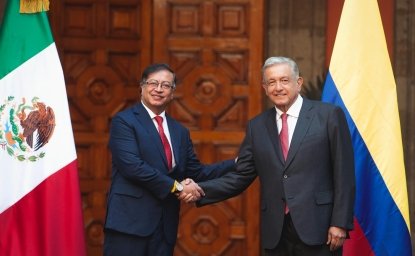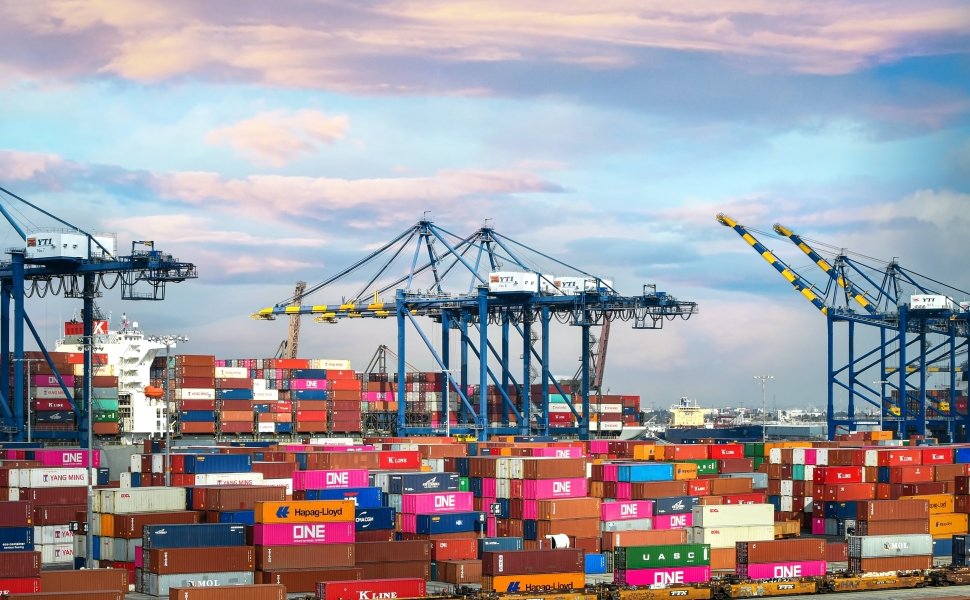
In this episode of the Wilson Center’s Americas 360 podcast, our experts discuss the nearshoring potential of U.S. neighbors in the Americas, the progress made in this area since the IX Summit of the Americas, and the challenges faced by companies looking to relocate operations closer to home.
AVAILABLE ON:
SoundCloud Spotify Apple Podcasts Google Podcasts
LISTEN TO PREVIOUS EPISODES OF AMERICAS 360
Selected Quotes
Cynthia J. Arnson
The real tension that I feel exists is a desire among Latin American countries and Caribbean countries to attract nearshoring investment and the reluctance of the Biden administration, especially President Biden himself, to talk about nearshoring when he would rather restore jobs to the United States.”
Benjamin N. Gedan
[Companies] are trying to find places that are closer to their markets, places that are more democratic, more respectful of their values, such as democracy, human rights, and the environment. [Places that are] more dependable and require less energy for transportation. For all those reasons, the trend is real and it’s a potentially huge benefit for Latin America.”
Andrew I. Rudman
It’s so important that the countries that want to attract nearshoring implement the right policies. That means everything from ensuring reliable and inexpensive energy to investing in the infrastructure to move goods, from the factory to the port. It also means ensuring that companies can meet their ESG commitments in terms of things like emissions reductions, good governance, and transparency.”
Bruna Santos
It depends on whether or not the next [Brazilian] government will create the correct environment to attract investments and also to position the country geopolitically in a way that we can see this as a great opportunity for the country.”
Guests


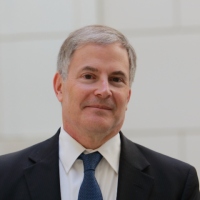

Moderator


Latin America Program
The Wilson Center’s prestigious Latin America Program provides non-partisan expertise to a broad community of decision makers in the United States and Latin America on critical policy issues facing the Hemisphere. The Program provides insightful and actionable research for policymakers, private sector leaders, journalists, and public intellectuals in the United States and Latin America. To bridge the gap between scholarship and policy action, it fosters new inquiry, sponsors high-level public and private meetings among multiple stakeholders, and explores policy options to improve outcomes for citizens throughout the Americas. Drawing on the Wilson Center’s strength as the nation’s key non-partisan policy forum, the Program serves as a trusted source of analysis and a vital point of contact between the worlds of scholarship and action. Read more


Mexico Institute
The Mexico Institute seeks to improve understanding, communication, and cooperation between Mexico and the United States by promoting original research, encouraging public discussion, and proposing policy options for enhancing the bilateral relationship. A binational Advisory Board, chaired by Luis Téllez and Earl Anthony Wayne, oversees the work of the Mexico Institute. Read more


Brazil Institute
The Brazil Institute—the only country-specific policy institution focused on Brazil in Washington—aims to deepen understanding of Brazil’s complex landscape and strengthen relations between Brazilian and US institutions across all sectors. Read more


Canada Institute
The mission of the Wilson Center's Canada Institute is to raise the level of knowledge of Canada in the United States, particularly within the Washington, DC policy community. Research projects, initiatives, podcasts, and publications cover contemporary Canada, US-Canadian relations, North American political economy, and Canada's global role as it intersects with US national interests. Read more


Argentina Project
The Argentina Project is the premier institution for policy-relevant research on politics and economics in Argentina. Read more

Related Episodes
Browse all episodes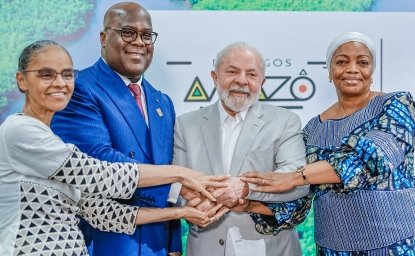
Brazil and the Future of the Amazon
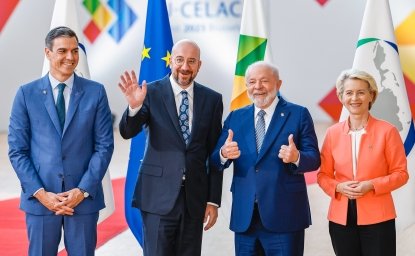
Europe and the Americas: The Road Ahead for Transatlantic Cooperation

LGBTQ+ Rights in the Americas: Progress and Remaining Challenges
